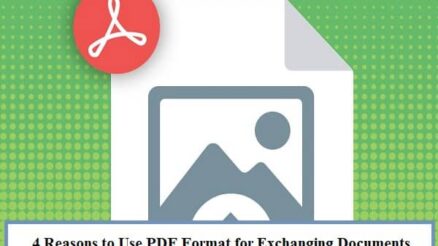If you wish to file a request for Access to Information and Privacy in Canada, you must either be a Canadian citizen or a permanent resident as understood under the Immigration and Refugee Protection Act. The Access to Information Act provides citizens with a useful government tool to request files, such as GCMS (Global Case Management System) notes and CAIPS (Computer Assisted Immigration Processing System) notes.
GCMS notes are used by Immigration, Refugees and Citizenship Canada in order to process applications, because GCMS notes provide a detailed history of an applicant’s file which includes but is not limited to: prior correspondence with the IRCC, documents received, and details of processing applications including Canada refusal notes. CAIPS notes are formed when a request is made for applications being processed outside of Canada, and contain all the information one needs to know about how far an application has made it in the process.
Common reasons for requesting GCMS or CAIPS notes are if an immigration application is refused, the wait for the application has been a long time, an interview request is received from the Canadian High Commission, or requests from CIC for additional documents. This will reveal the evaluations and reasoning’s behind the decided status of your application, lets people better understand why they received a Canada refusal notes, and offers possible avenues on how they can change that in the future.
The initial fee for filing a request under the Access to Information Act is only $5, but it is important to keep in mind that this fee may go up depending on the time, effort, and preparation put into the retrieval of information by the Government of Canada. Only the first five hours of the research is free with limited resources (ex. copying, processing, etc.), so keep this in mind when considering requesting information on what may be a niche topic.
This fee can be paid online with a credit or debit card through the ATIP (Access to Information and Privacy) Online Request tool, but as this tool is relatively new it does not encompass all institutions such as the Immigration, Refugees and Citizenship Canada (IRCC), Canada Border Services Agency (CBSA), and the Royal Canadian Mounted Police (RCMP).
When not paying with a credit or debit card, a check or money order can be made out to the Receiver General for Canada through the mail. If only filing a request under the Privacy Act, there is no fee. Despite not being all-encompassing, the ATIP Request tool can also be utilized to search through relevant institutions in order to look through past requests or other information as some of it may have already been released.
When utilizing the ATIP online tool, it will first ask you questions which must be answered in one sitting. This is not an application that you can come back to later, so be sure to gather all relevant and sensitive documents relating to your request and your identity. Once the questions have been answered, you will be asked to scan and upload certain documents that may include, but are not limited to: proof of Canadian citizenship (ex. copy of passport or citizenship certificate), proof of status as a permanent resident, or proof of temporary status in Canada.
If applicable, sometimes proof of consent is required when making a request on behalf of someone else or if someone is making the request for you. Either of these proves that you have the right to make the request with the Government of Canada. If you have done everything correctly, a confirmation email will be sent to you as well as a payment receipt (only when requesting under Information, not Privacy) to keep for your records.
As of recently, the spread of the coronavirus has had a negative effect on the efficiency and speed in which Canada visa Access to Information and Privacy Offices’ can operate. During this time, it is recommended to be patient as there will be delays in the transfer and release of information. The average time to receive CAIPS notes has been an estimated thirty days previously, but this estimate could be larger now due to an array of things such as temporary and possible border and immigration closures.





